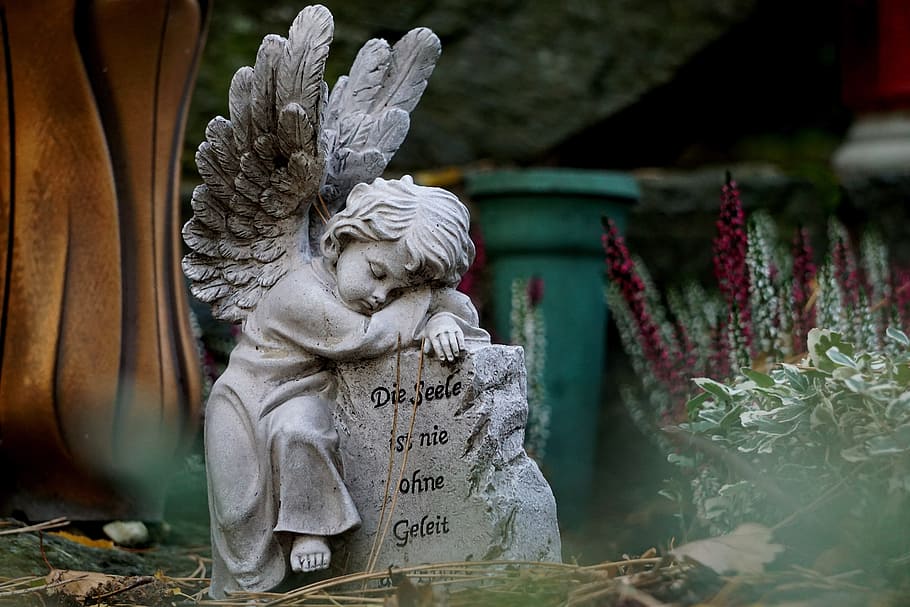Evolution of Companionship: From Traditional to Contemporary

본문

Traditionally, companionship was often associated with close friends and community connections. In many cultures, living in extended families was common, and loved ones and community members would often provide emotional support and companionship.
The concept of community was central to one's life, and people would often rely on their closest friends for companionship and emotional support.
In the past, companionship was also often found in community gatherings and group events. People would participate in these activities to form relationships. The idea of companionship was closely tied to social cohesion.
With the advent of city life and modernization, people began to move away from traditional family-centered communities and formed new kinds of social connections. The rise of new urban centers led to the development of new forms of companionship, such as professional networks.
People began to seek out companionship in community centers and libraries.
The 20th century saw significant changes in the way people formed and maintained relationships. The development of telephone technology and radio enabled people to connect with others over long distances.
This led to an increase in long-distance relationships.
In recent years, the rise of the digital age has further transformed the way people experience companionship. Platforms like Twitter and TikTok have made it easier for people to connect with others.
However, escorts Davos the modern era of companionship is not without its challenges and complexities. The rise of the digital age has also led to increased feelings of emotional disconnection.
The ease of social interaction has created social comparison and competition.
Today, people are seeking more sincere connections. There is a growing interest in unique and unconventional relationships.
The rise of therapy animals and equine therapy demonstrates the desire for deep connections and emotional support in unique bonds.
In conclusion, the evolution of companionship has come a long way from its traditional roots. From relatives and neighborhood relationships to contemporary connections and networks, people have been seeking out new forms of companionship to meet their emotional, social, and mental needs. As we continue to navigate the challenges and uncertainties of today's world, it is essential to recognize the importance of companionship and seek out authentic, meaningful relationships that bring us joy, comfort, and a sense of belonging.

댓글목록0
댓글 포인트 안내